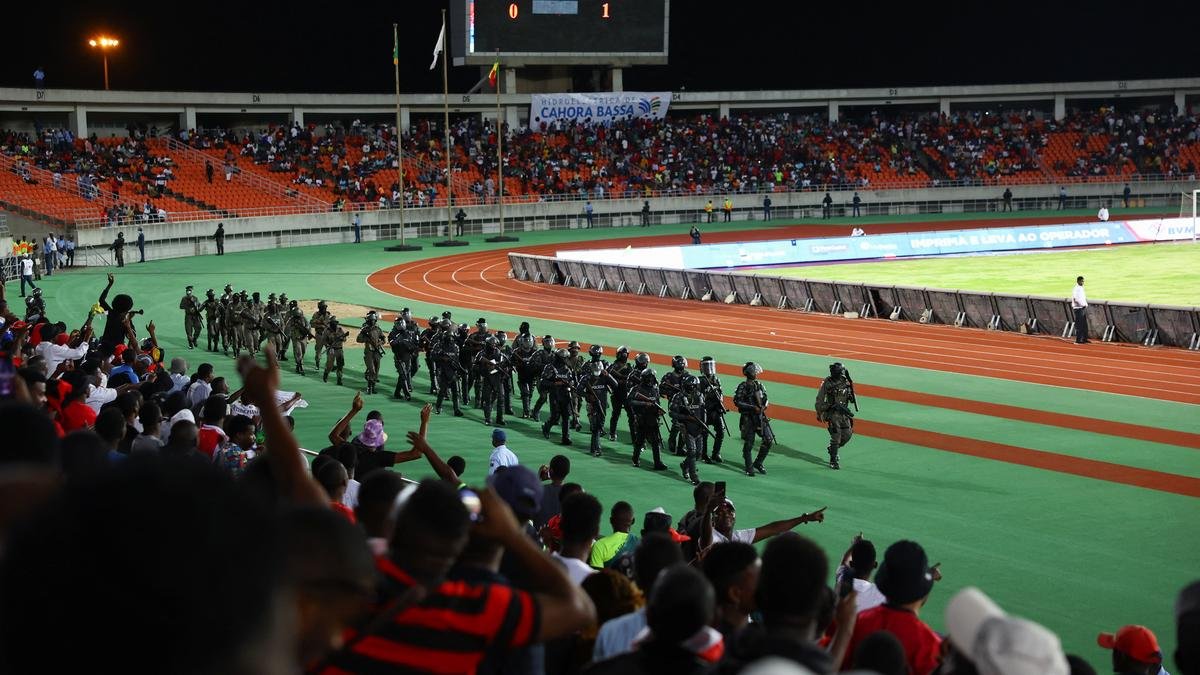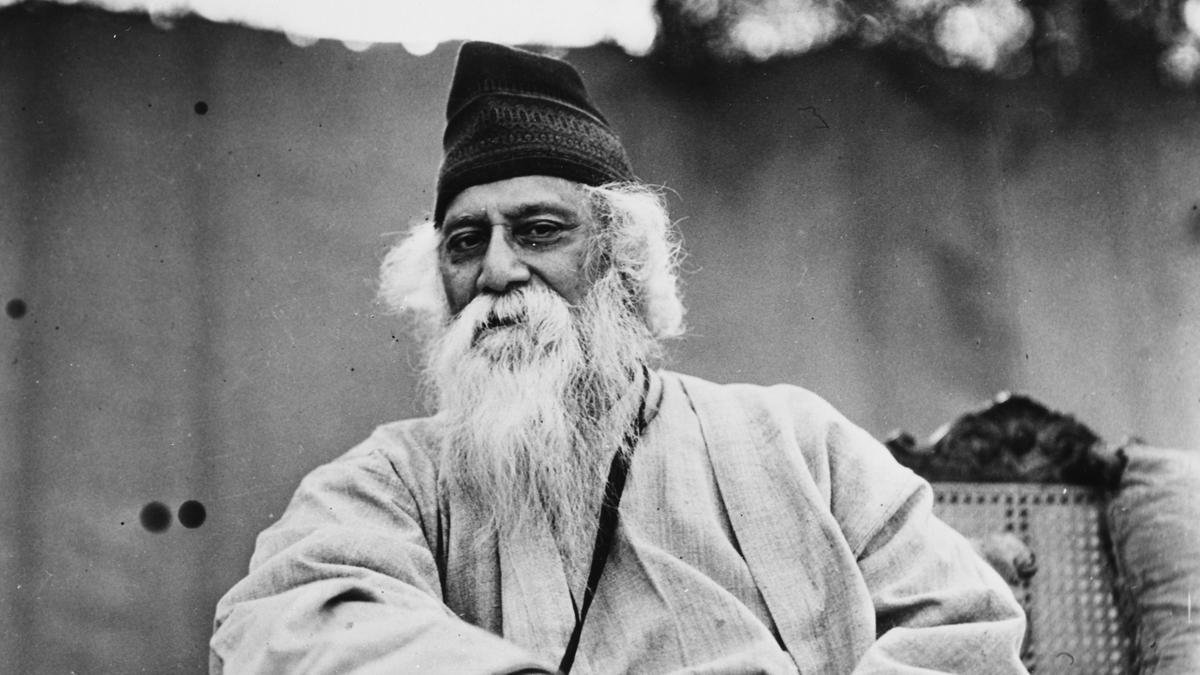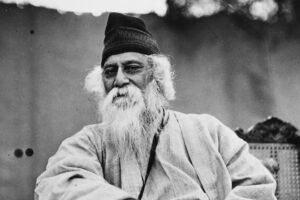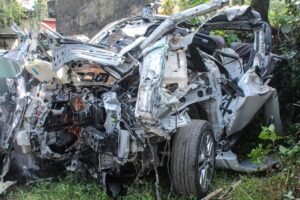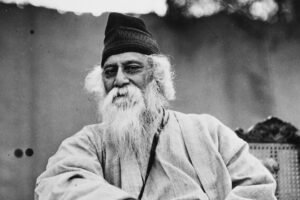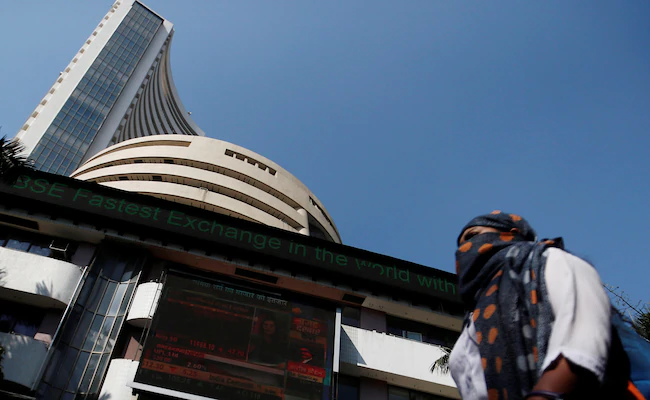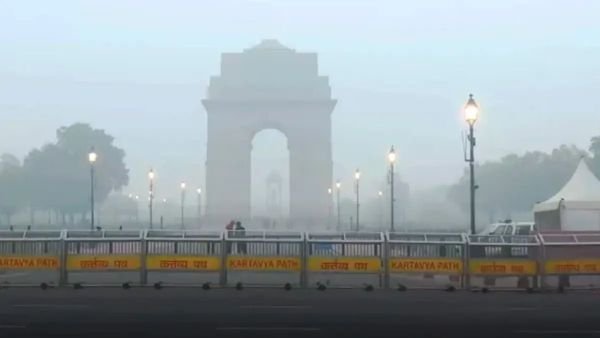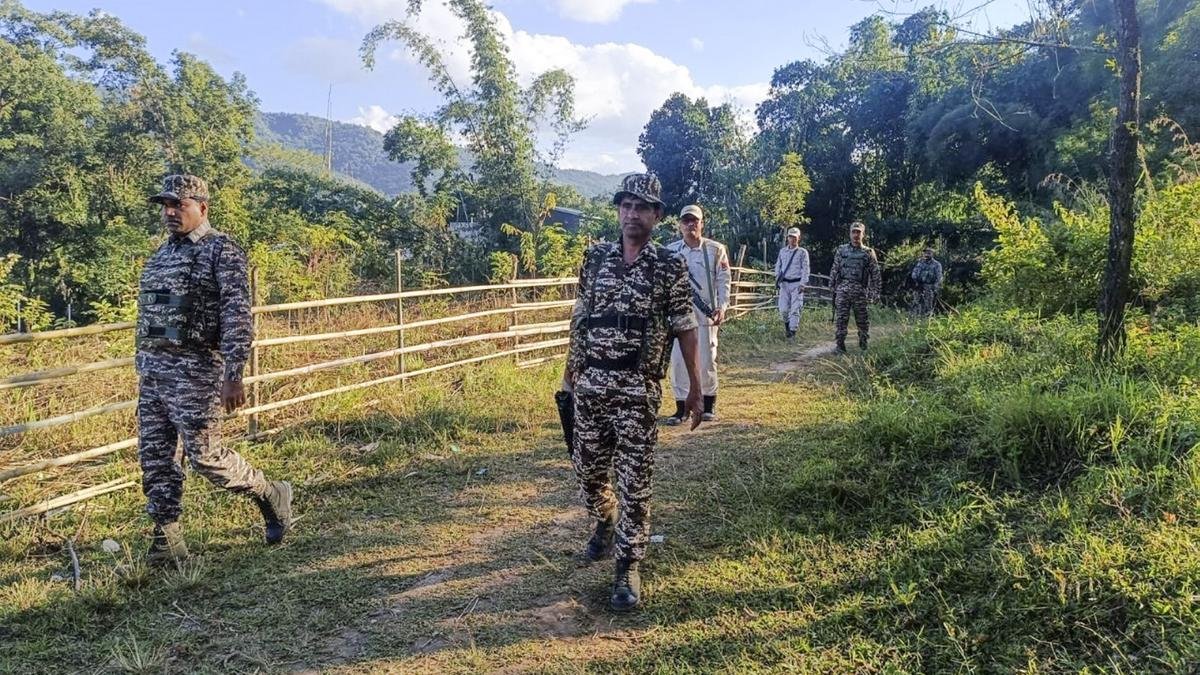State’s power to make laws on industrial alcohol can’t be taken away: Supreme Court in 8:1 majority verdict
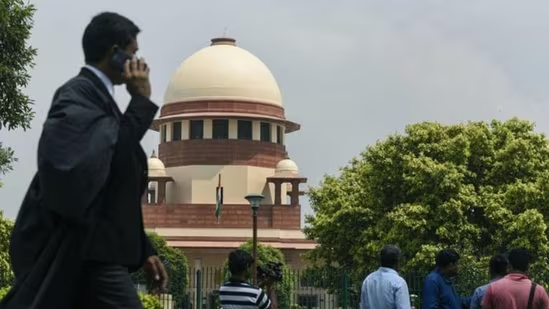
In the Synthetics and Chemicals case, the Supreme Court overturned a previous ruling made by a seven-judge bench in 1990.
In a decision rendered on Wednesday, the nine-judge Constitution bench of the Supreme Court ruled with an 8:1 majority that states possess the authority to oversee industrial alcohol regulation.
The 1990 seven-judge bench decision in the Synthetics and Chemicals case, which previously opposed it, was overturned by the Supreme Court. The Court ruled in favor of the Center, asserting that states do not have the authority to regulate industrial alcohol, even under the Concurrent List.
The regulatory authority over industrial alcohol production was deemed to lie with the Centre by a seven-judge bench in 1997. Subsequently, in 2010, the case was escalated to a nine-judge bench for further deliberation.
CJI DY Chandrachud, along with Justices Hrishikesh Roy, AS Oka, JB Pardiwala, Ujjal Bhuyan, Manoj Misra, SC Sharma, and AG Masih, delivered the predominant verdict.
Justice BV Nagarathna delivered the dissenting opinion, asserting that the legislative authority to regulate industrial alcohol rests solely with the Centre.
Consuming industrial alcohol is not intended for human use.
Entry 8 in the State List of the 7th Schedule of the Constitution grants states the authority to create laws concerning the production, ownership, transportation, acquisition, and distribution of “intoxicating liquors”. On the other hand, Entry 52 of the Union List and Entry 33 of the Concurrent List pertain to sectors that Parliament has deemed necessary to regulate in the public interest.
A central law holds precedence over a state law when it comes to legislating on matters listed in the Concurrent List, though both parliament and state legislatures have the authority to make laws regarding these subjects.
A series of petitions was being considered by a nine-judge bench of the Constitution following a decision by a seven-judge bench that went against the state governments.

